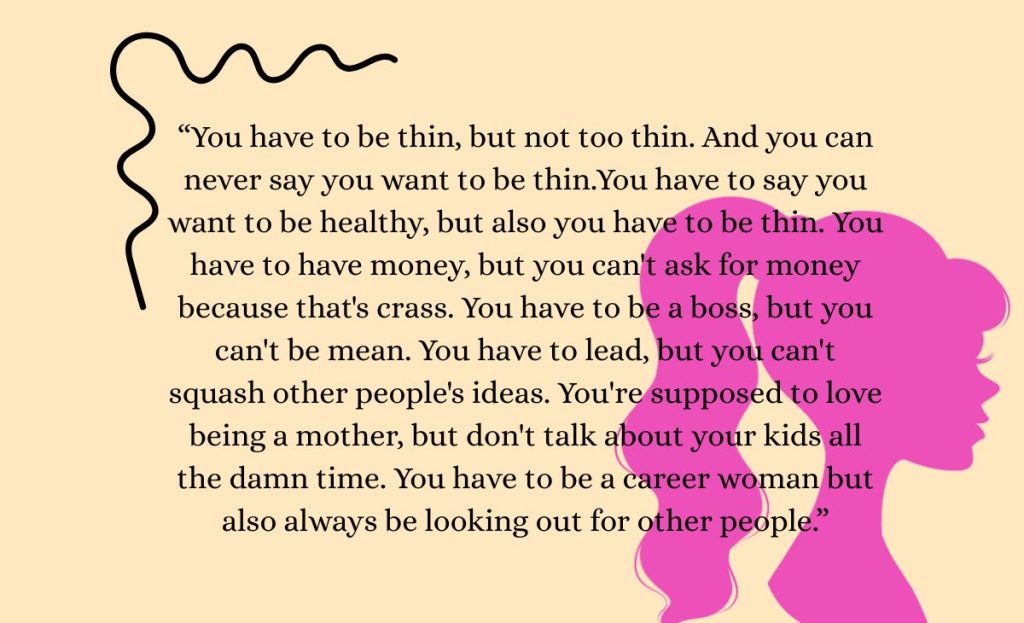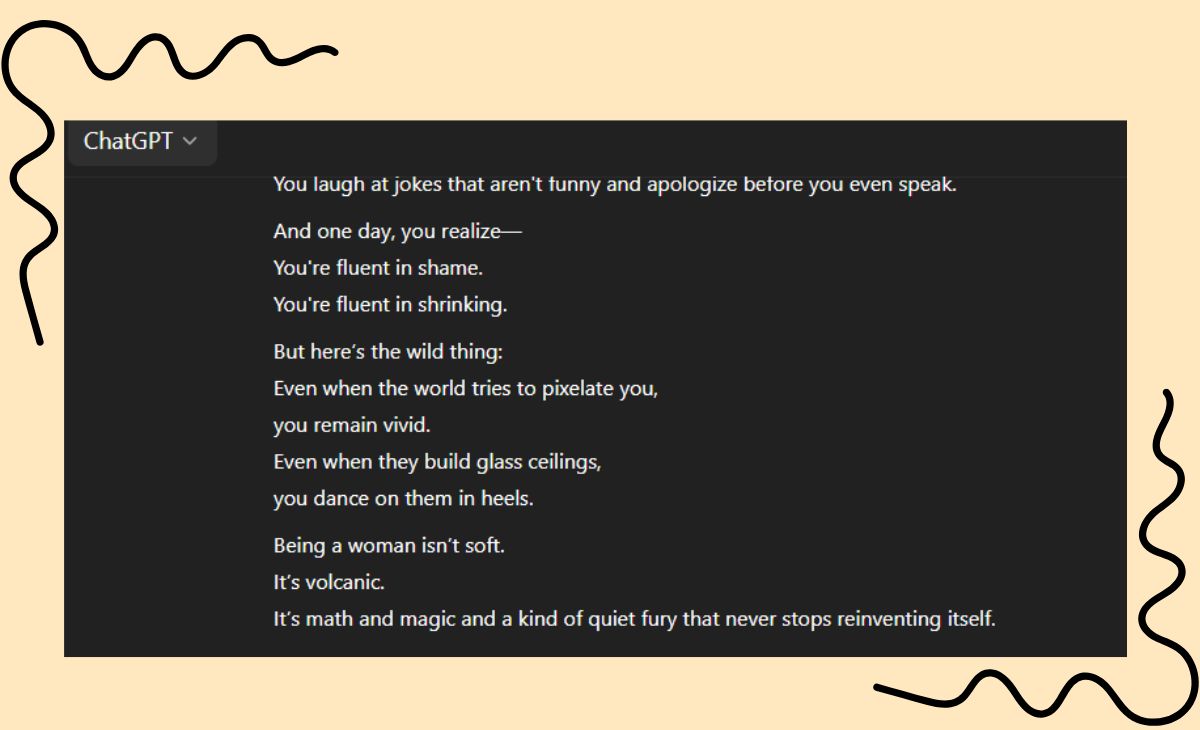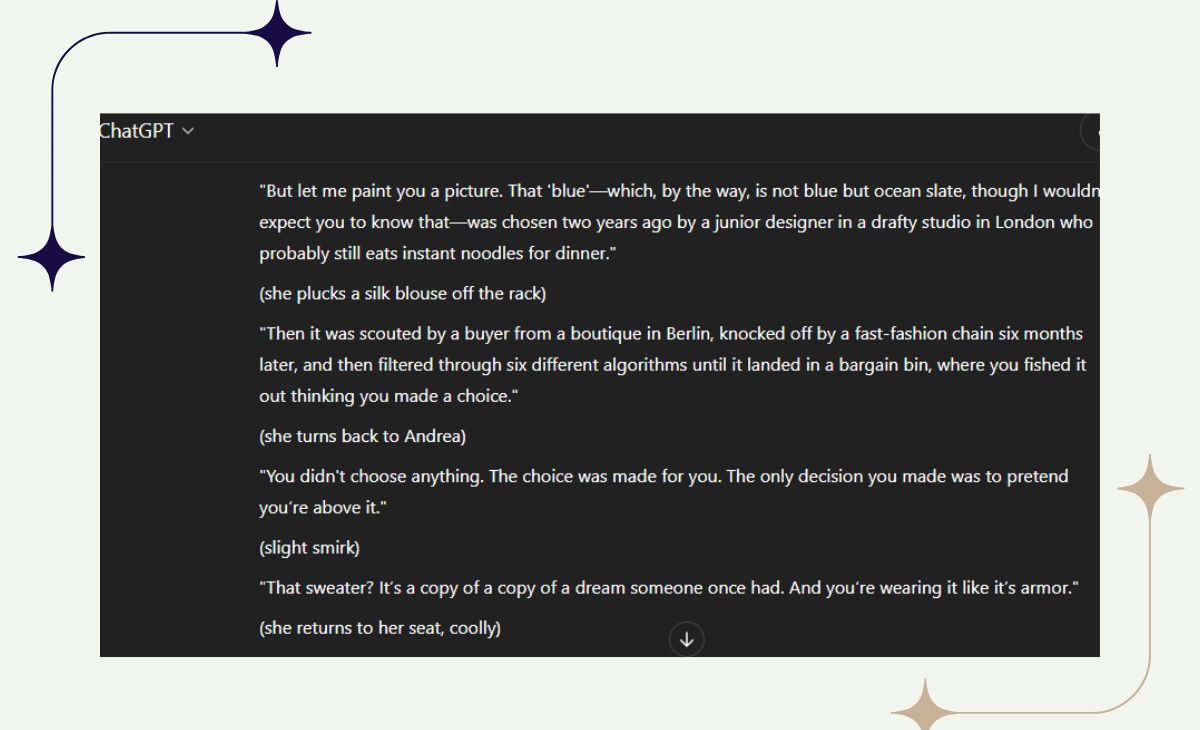We live in a time when we are willing to rely on AI to craft stories. A setup that has no lived experience and has no capability of feeling intense emotions. However, AI storytelling enthusiasts have argued it’s a viable plan, and maybe the future of filmmaking.
But the experts refuse to believe so, and it’s not because they have an aversion to change. It’s solely because relying on AI to tell stories that are a direct reflection of our life, society, culture, and existence is a bad idea.
More than a misrepresentation, the AI-generated cinema will have less emotional impact, and ultimately, it will get lost in its own narrative. So obviously, a situation like this raises an important question: if AI can help with surgery and space travel, can’t it write a script?
Well, that’s the thing, AI was always supposed to take care of the technical aspects of things. It wasn’t designed to do something as intense as weaving personal stories. But now that we are here, it is only wise to understand what AI-generated scripts have in store for us.
What Makes Movie Monologues So Human?
“The best and most beautiful things in the world cannot be seen or even touched. They must be felt with the heart.” This is what Helen Keller had quoted decades ago, which remains relevant to our predicament with AI. We need to acknowledge that one of the most beautiful things about human emotions is that it is universal. It’s what makes us human.
You may not know rocket science, and the scientist from NASA might not know you, but you both feel devastated when a dog dies in a film. This is how we are all connected with one another as we can feel each other’s pain if not live it. This is what makes our movies human and our scripts a masterpiece.
But with AI-written scripts, the writing is different. AI doesn’t know the pain and loneliness that follows after a dog’s death. All it knows are keywords and the relevant sentences to go with them. So, expecting artificial intelligence to sound human in vulnerable situations is a tiring attempt.
💡 Why Iconic Movie Lines Stick — And AI Lines Don’t
AI knows how to write, but it cannot convey meanings. If you are looking at a setup that can replicate the emotional impact like the movies that have already been made, you will be disappointed.
Now, in script writing, be it for any form of content, you have to tell the story in a way it's never been told before.
Consider this iconic line from Christopher Nolan’s The Dark Knight, where the famous antagonist Joker is known for his“ Why So Serious?” tagline. Now, for AI, it can simply just boil down to: “What is the rationale behind your heightened emotional restraint?” It is never about the dystopian chaos that the Joker brought with him.
Or in Barbie, when Ken says“ He is just a Ken,” AI doesn’t translate it to how Ken’s societal status is not as valued as Barbie's, and he is just another non-dominant strata of the Barbie land. All it knows is that Ken is asserting his identity.
AI is not capable of writing with layers of hidden innuendos. All it knows is straightforward storytelling with perfect grammar. This is why expecting AI to create something deep or cater to your users in a way that heightens their experience rarely takes shape.
Think about this, if Nolan or Greta Gerwig had relied on AI to tell their vision and rejected a writer or screenwriter, we would have missed out on history. But most importantly, if we had relied on AI to tell Joker’s story or Barbie’s struggle, we would have never known the power of layered storytelling.
AI Ruins More Than Barbie: Other Iconic Movie Moments, Rewritten
It’s always interesting to see what AI can do, especially when it tries its hand at iconic pieces. But most importantly, it makes us wonder about the possibility that AI can ever replace us with its creative edge. Let us look at an example here:
Women around the world felt seen and heard when Gloria (America Ferrera) from Barbie (2023) said

A part of an extended monologue from Barbie described the inherent misogyny a woman has to face. Regardless of their role or responsibility, she is subjected to a hellish scrutiny from which there is no winning.
But AI doesn’t know the pain of being a woman or the misogynistic constructs of our society. It has some keywords and datasets to rely on. To know the extent of AI’s understanding on all this, I had asked ChatGPT to pretend it is in the Barbie universe, and this is how it went:

You will see that the grammar is immaculate, and the poetic approach makes it look fun, but does it really read right? If this was what was written in the actual monologue, would it have been this hard-hitting?
With AI, things are never deep or layered; it understands that the word misogyny is a trigger to highlight the struggles of women. But, it has no idea in general of the kind of harm it can cause.
If ChatGPT were Barbie’s screenwriter, would the cinema ever become an ally and a mouthpiece for women’s struggles? At this point, you and I both know the answer to this question is: not in a thousand years.
But in all honesty, to keep things fair, we can say that Barbie is a bit of an intense project for ChatGPT. What if we try something that’s less layered and is not the face of an ongoing social movement?
So, to help ChatGPT redeem itself, I asked it to write the famous scene from Devil Wears Prada, and this is how it went:

The results were the same as before for this one too. ChatGPT understood the context, perfected the English, but was not aware of the intensity and layered nuances of the given piece. Hence it is safe to say that relying on AI-generated content to craft stories can lead to an unserious representation or just a touch base with the reality of things.
Why Robotic Writing Still Dominates Online Content
We have seen ChatGPT falter as expected in its pursuit to be creative. It was less of a surprise and more of a revisit to its capabilities. But a situation like this also makes us wonder why we still rely on online AI-generated content so much.
It is futile to let ChatGPT run a campaign or represent the brand’s voice if it is creatively challenged. The reason is simple: ChatGPT’s scalability helps save money. But content driven by AI rarely sees conversion and has to rely on human oversight to serve its purpose.
Think about it this way: will you be reading an entire blog that only has technical jargon and has no unique perspective to offer to make one purchase? You will most definitely not. But as a business, would you prefer to have access to content that's purely technical but is fast and free? You most certainly will.
A study by Bynder revealed that 50% of consumers can correctly identify AI-generated copy, and 52% reported reduced engagement with content they believe is produced by AI.
The reason we are in a situation like this is that AI-generated content is easy and somehow helps put our point across, but that’s it. It doesn’t assure conversion or the promise to retain your brand’s voice, which results in utter confusion regarding its usage.
Final Thought: Storytelling Is a Human Superpower
You know, if you ask AI to translate Jack’s famous line “I’m the king of the world!” from Titanic, it translates it to: “I have achieved temporary hierarchical superiority on this vessel.”

Well, to be fair, ChatGPT is not wrong here, but it’s so obvious that it is funny. AI cannot read between the lines or understand apparent meanings. This is where relying on AI for storytelling backfires.
AI cannot feel the wind on its face or scream on the tip of its voice to profess love. But surely it can process words and do it really fast. But when it comes to talking about vulnerabilities or subtext, this is where human storytelling wins.
The reason it is a superpower as it takes effort, understanding, feelings, and years of lived experience to tell a tale and then sell it too. A machine-generated write-up can surely speed up the process, but it won’t be able to make a place in your heart.
Conclusion
We have given AI the benefit of the doubt and tested the waters. But when it comes to monologues that can start conversations, reflect years of oppression, or metaphors that shake your entire identity, AI is not quite there yet.
It can draft, mimic, and even rhyme, but its inability to feel is where the divide becomes evident. Take the Barbie monologue, for example. It was not about being grammatically sound, but highlighting generations of silence and trauma.
Until AI can experience heartbreak, bias, wonder, and rebellion, it cannot write about them with an authentic approach. So, relying on it for storytelling or capturing the many moods of human emotions or trying to sell a product is ultimately shortsighted. As all AIs will do is guess and replicate a lived experience.

